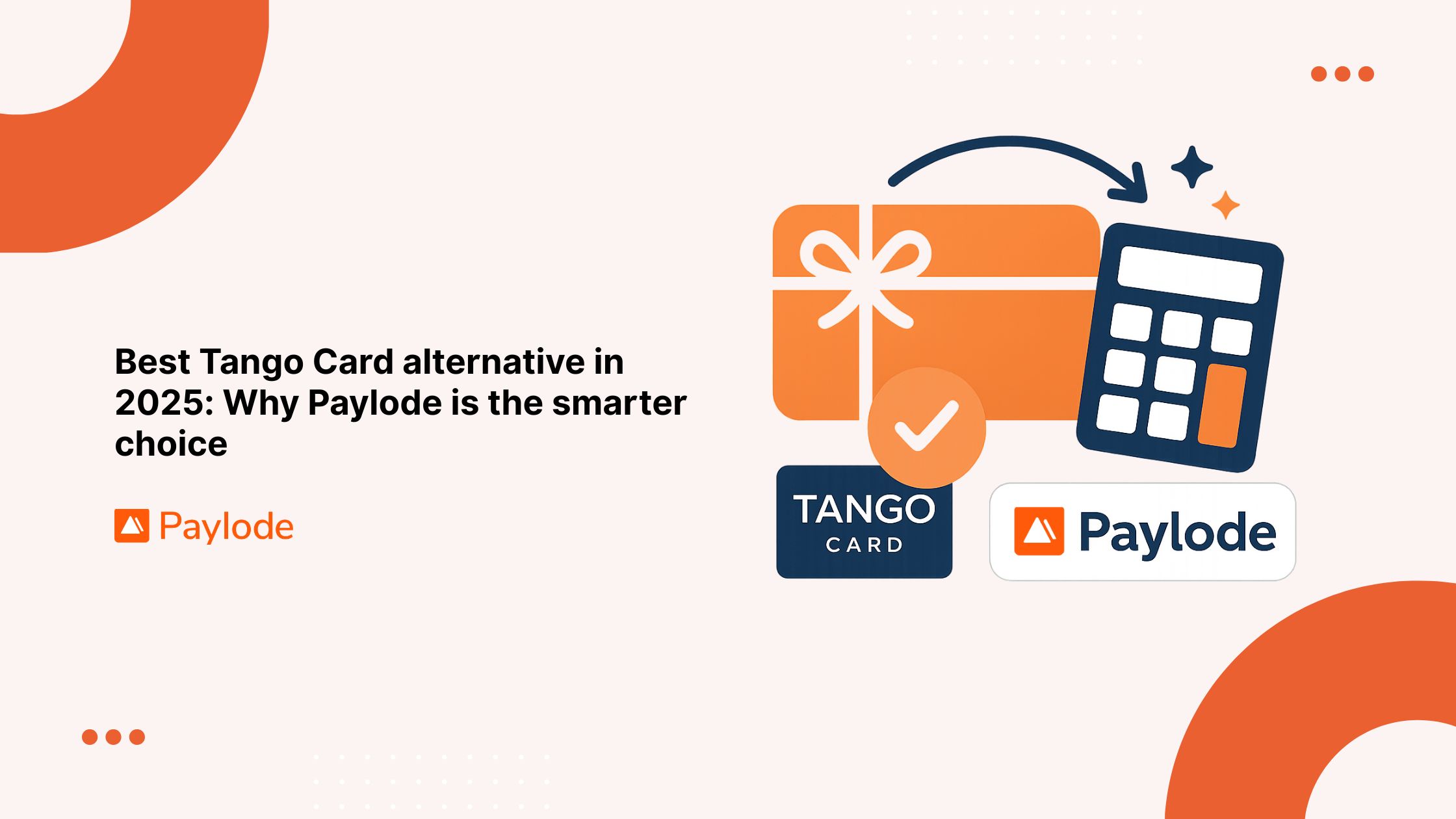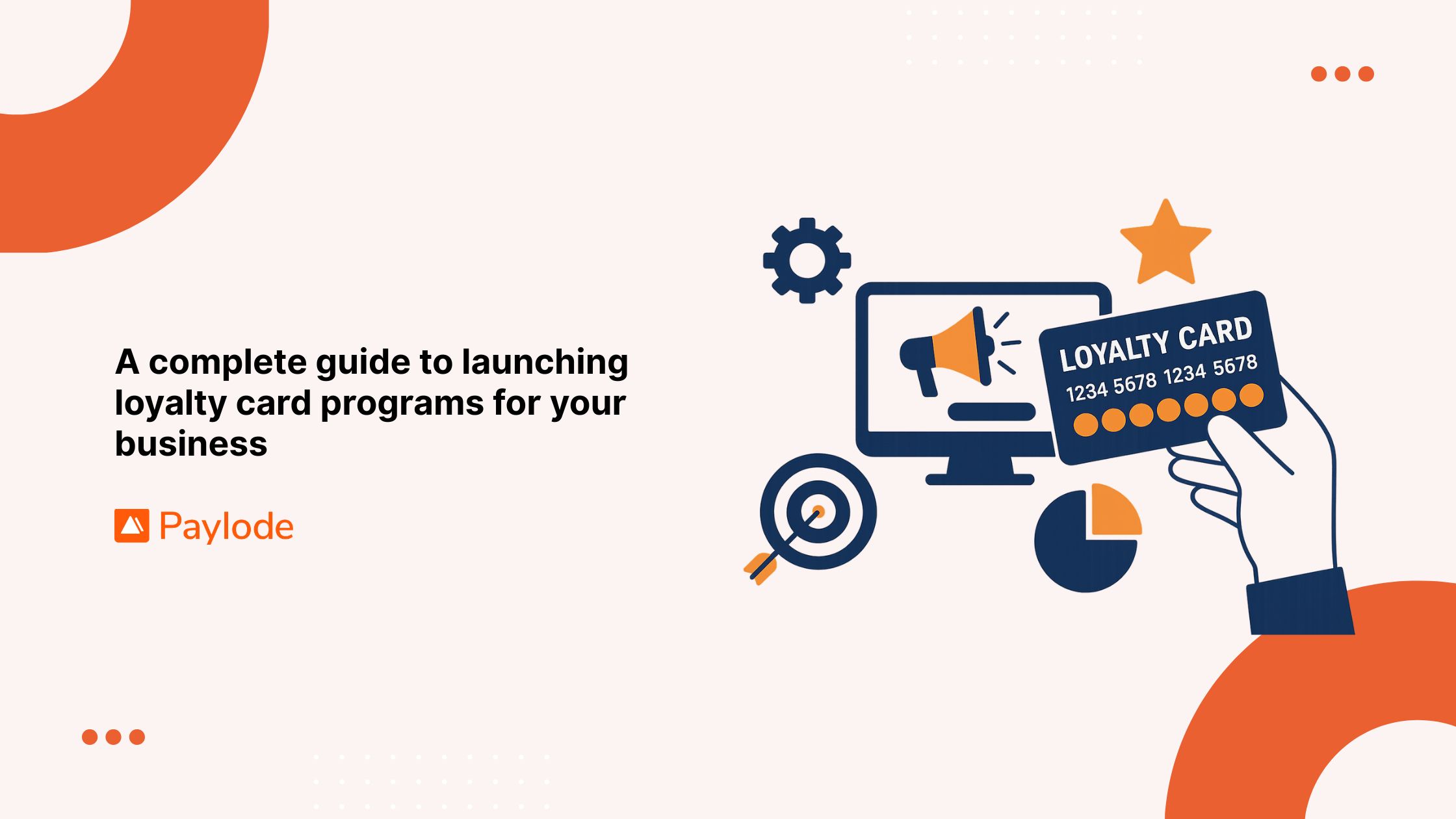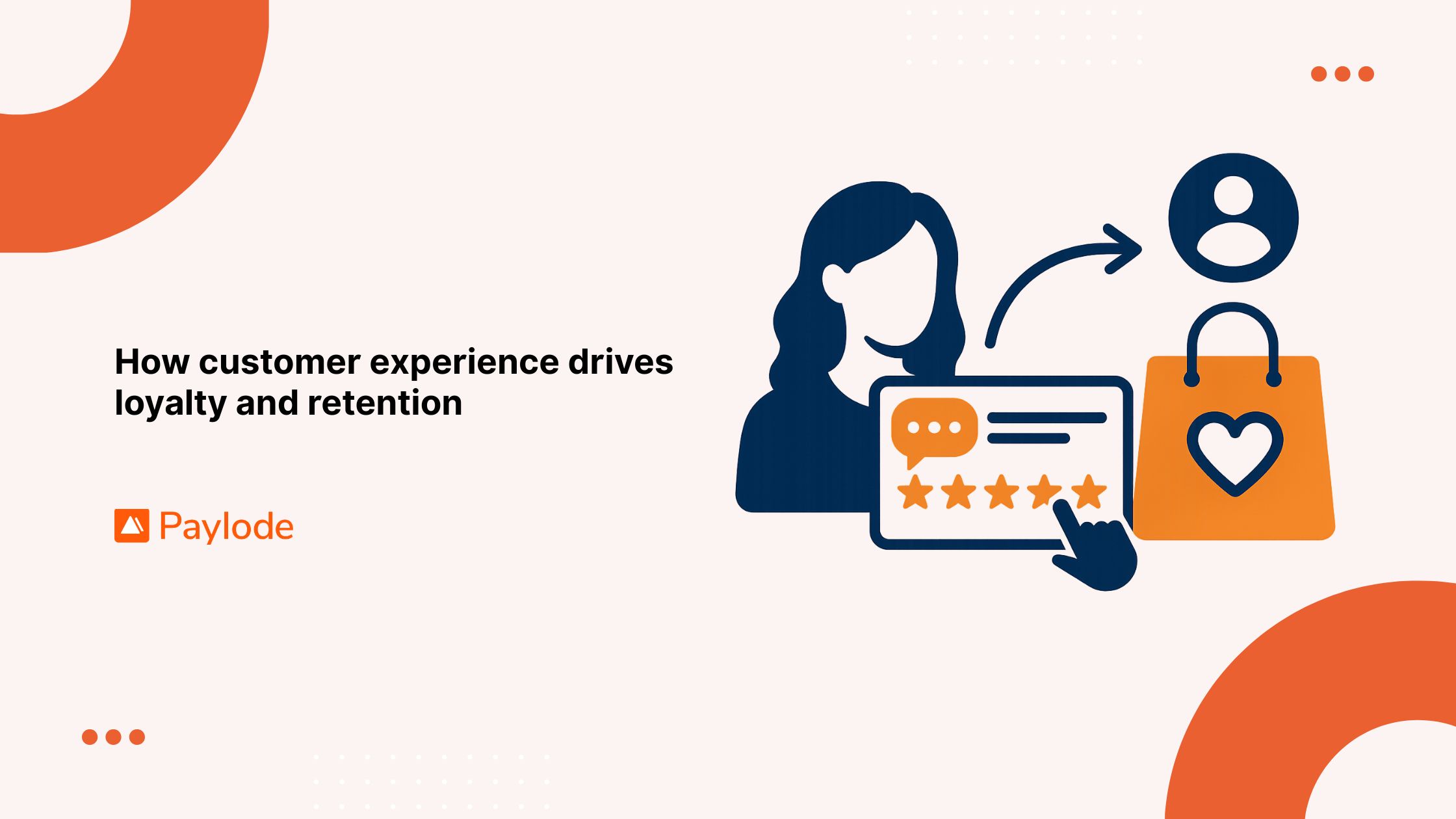Customer loyalty is the lifeblood of any successful business. Loyal customers not only contribute to steady revenue but also serve as brand ambassadors, spreading positive word-of-mouth and driving new customer acquisition. But what exactly fosters this loyalty? This article will delve into the most direct causes of customer loyalty and provide actionable strategies to enhance these factors, ensuring your business retains and grows its customer base.
Key takeaways
- Customer experience is paramount: Exceptional customer support and positive experiences are crucial for fostering loyalty.
- Trust is essential: Building trust through consistent interactions is vital for creating emotional connections with customers.
- Quality matters: High-quality products and services are fundamental to retaining customers.
Introduction
Understanding what drives customer loyalty can help companies create strategies to retain customers and encourage repeat business. The most direct causes of customer loyalty include personalized experiences, consistent quality, and exceptional customer service. In this article, we will explore these causes in detail and provide strategies for enhancing them. Additionally, we will discuss why points-based loyalty programs are losing appeal and why perks programs with immediately redeemable rewards are gaining traction.
Personalized experiences
Why personalization matters
Personalization is a significant driver of customer loyalty. When customers feel that a brand understands and caters to their individual needs, they are more likely to return. Personalized experiences create a sense of connection and value, making customers feel appreciated and understood.
Strategies for personalization
- Data-driven insights: Utilize customer data to understand preferences and behaviors. Tools like CRM systems and analytics platforms can help gather and analyze this data.
- Customized communication: Tailor your marketing messages based on customer preferences and past interactions. Personalized emails, targeted social media ads, and customized recommendations can enhance the customer experience.
- Loyalty programs: Implement loyalty programs that offer personalized rewards and incentives. For example, offer discounts on products that a customer frequently purchases or provide exclusive offers based on their shopping history.
For more on how to enhance customer loyalty through emotional bonds, check out our article on Enhancing Customer Loyalty with Emotional Bonds.
Consistent quality and service
Importance of consistency
Consistency in quality and service is crucial for maintaining customer loyalty. Customers expect the same level of quality and service every time they interact with a brand. Any deviation from this can lead to dissatisfaction and a loss of loyalty.
Strategies for ensuring consistency
- Standardize processes: Implement standardized processes to ensure consistent quality and service. This can include training programs for staff, quality control measures, and standardized customer service protocols.
- Monitor performance: Regularly monitor and evaluate your performance to identify areas for improvement. Use customer feedback, surveys, and performance metrics to assess your consistency and make necessary adjustments.
- Continuous improvement: Continuously strive to improve your products and services. Stay updated with industry trends and customer preferences to ensure you are meeting their expectations.
Exceptional customer service
The role of customer service
Exceptional customer service is one of the most direct causes of customer loyalty. Customers value brands that go above and beyond to meet their needs and resolve their issues promptly and effectively.
Strategies for exceptional customer service
- Training and development: Invest in training and development programs for your customer service team. Equip them with the necessary skills and knowledge to handle customer inquiries and issues efficiently.
- Empower employees: Empower your customer service team to make decisions and take actions that benefit the customer. This can include offering refunds, providing discounts, or escalating issues to higher management when necessary.
- Proactive support: Anticipate customer needs and provide proactive support. This can include reaching out to customers to check on their satisfaction, offering assistance before they ask for it, and providing resources and information to help them make informed decisions.
Trust and emotional connection
Building trust
Trust is a fundamental component of customer loyalty. When customers trust a brand, they are more likely to remain loyal and recommend it to others. Trust is built through consistent efforts and memorable interactions.
Strategies for building trust
- Transparency: Be transparent in your business practices. Provide clear and honest information about your products, services, and policies. Address any issues or concerns promptly and openly.
- Reliability: Ensure that your products and services consistently meet or exceed customer expectations. Deliver on your promises and provide reliable solutions to customer problems.
- Emotional connection: Create emotional connections with your customers by showing empathy and understanding. Personalize your interactions and make an effort to understand their needs and preferences.
For more insights on building emotional connections to enhance customer loyalty, read our article on Enhancing Customer Loyalty with Emotional Bonds.
Quality of products and services
Importance of quality
High-quality products and services are fundamental to fostering customer loyalty. Customers are more inclined to return to brands that consistently deliver quality, as it reinforces their decision to choose that brand in the first place.
Strategies for maintaining quality
- Quality control: Implement rigorous quality control measures to ensure that your products and services meet high standards. Regularly inspect and test your products to identify and address any issues.
- Customer feedback: Collect and analyze customer feedback to understand their perceptions of your product quality. Use this feedback to make necessary improvements and address any concerns.
- Continuous innovation: Continuously innovate and improve your products and services to stay ahead of the competition and meet evolving customer needs.
Convenience
The role of convenience
Convenience is another critical factor influencing customer loyalty. Reducing friction in the customer journey, such as offering multiple payment options and user-friendly navigation, can significantly impact customer choices. Customers are more likely to remain loyal to brands that make their shopping experience easy and enjoyable.
Strategies for enhancing convenience
- Streamlined processes: Streamline your processes to make it easy for customers to do business with you. This can include simplifying the checkout process, offering multiple payment options, and providing clear and concise information on your website.
- Accessibility: Ensure that your products and services are easily accessible to customers. This can include offering online and offline purchasing options, providing mobile-friendly platforms, and offering convenient delivery and return options.
- Customer support: Provide accessible and responsive customer support. Offer multiple channels for customers to reach you, such as phone, email, live chat, and social media. Ensure that your support team is available and responsive to customer inquiries and issues.
Social responsibility and brand values
Aligning with customer values
Modern consumers, particularly younger generations like Gen Z, are more inclined to support brands that align with their values, such as social issues and diversity. Brands that demonstrate social responsibility and ethical practices can foster loyalty among customers who prioritize these values.
Strategies for demonstrating social responsibility
- Ethical practices: Engage in ethical business practices and ensure that your operations are environmentally friendly and socially responsible. This can include using sustainable materials, reducing waste, and supporting fair labor practices.
- Community involvement: Get involved in your local community and support social causes that align with your brand values. This can include sponsoring local events, supporting charitable organizations, and engaging in volunteer activities.
- Transparency: Be transparent about your social responsibility efforts. Communicate your initiatives and progress to your customers and stakeholders through your website, social media, and other communication channels.
The shift from points-based to perks programs
Why points-based programs are losing appeal
Traditional points-based loyalty programs are becoming less appealing to customers. These programs often require customers to accumulate points over time before they can redeem rewards, which can be a lengthy and frustrating process.
The rise of perks programs
Perks programs, on the other hand, offer immediately redeemable rewards, making them more attractive to customers. These programs provide instant gratification and create a sense of value and appreciation.
Example: Paylode Perks Programs
Paylode's perks programs are designed to provide immediate rewards to customers, enhancing their overall experience and fostering loyalty. These programs offer a variety of perks, such as discounts, exclusive offers, and free products, that customers can redeem instantly.
For more unique strategies to enhance customer loyalty, check out our article on Customer Loyalty: It Ain't Dead + 5 Unique Strategies.
FAQs about customer loyalty
What is the most direct cause of customer loyalty?
The most direct cause of customer loyalty is a combination of excellent customer experience, trust, quality products, personalized interactions, and convenience.
How does customer experience impact loyalty?
Positive customer experiences lead to satisfaction, which encourages repeat purchases and long-term loyalty.
Why is trust important for customer loyalty?
Trust fosters emotional connections, making customers more likely to choose a brand over competitors.
What role does personalization play in customer loyalty?
Personalization enhances the customer experience, making customers feel valued and understood.
How can brands demonstrate social responsibility?
Brands can engage in ethical practices, support social issues, and promote diversity to align with customer values.
Understanding the most direct causes of customer loyalty is essential for businesses aiming to thrive in a competitive market. By focusing on customer experience, trust, quality, personalization, convenience, and alignment with customer values, companies can foster loyalty and drive long-term success.
Related articles
- Customer Loyalty: It Ain't Dead + 5 Unique Strategies
- Enhance Customer Loyalty with Emotional Bonds
- Why Retaining Customers is Crucial: The Cost of Acquiring New Customers vs. Retaining Existing Ones
Want to increase customer loyalty?
Book Paylode Demo



